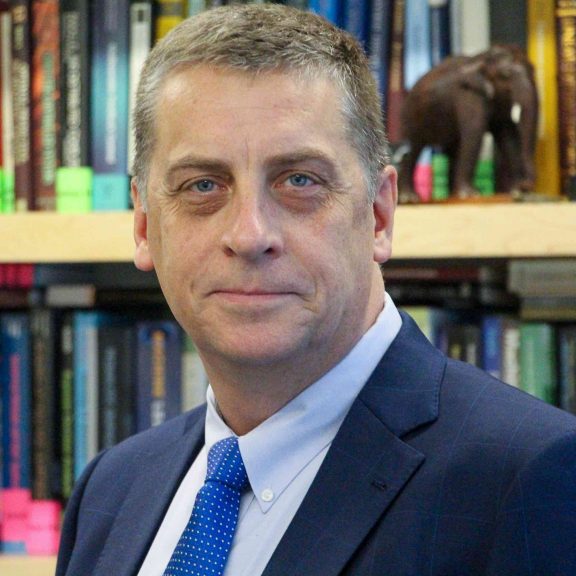Contact Info
Social Media:
YouTubeAdministrative Contact
Financial Contact
Specialization and Research Interests
Navigation and control; design and implementation of distributed robust planning algorithms to coordinate multiple autonomous vehicles in dynamic uncertain environments; adaptive flight control to enable autonomous agile flight and aerobatics; experimental and theoretical robust control
Teaching Interests
Feedback control, navigation, and estimation, optimal control
Academic Degrees
B.A.Sc., 1987, University of Toronto S.M., 1990, Massachusetts Institute of Technology Ph.D., 1993, Massachusetts Institute of Technology
Society Memberships
American Institute of Aeronautics and Astronautics, Fellow; Institute of Electrical and Electronics Engineers, Fellow
Positions Held outside of MIT
4/00 – 12/02 – Consulting Professor, Department of Aeronautics and Astronautics, Stanford University
9/94 – 3/00 – Assistant Professor, Department of Aeronautics and Astronautics, Stanford University, in the Aerospace Robotics Laboratory
Positions Held at MIT
7/09 – present – Richard C. Maclaurin Professor of Aeronautics and Astronautics
7/07 – 6/09 – Professor of Aeronautics and Astronautics, MIT
4/00 – 6/07 – Associate Professor, Department of Aeronautics and Astronautics, MIT, (Tenured in 2003)
2/93 – 8/94 – Postdoctoral Associate, Department of Aeronautics and Astronautics, MIT
Biography
Jonathan P. How is the Richard C. Maclaurin Professor of Aeronautics and Astronautics at the Massachusetts Institute of Technology. He received a B.A.Sc. (aerospace) from the University of Toronto in 1987, and his S.M. and Ph.D. in Aeronautics and Astronautics from MIT in 1990 and 1993, respectively, and then studied for 1.5 years at MIT as a postdoctoral associate. Prior to joining MIT in 2000, he was an assistant professor in the Department of Aeronautics and Astronautics at Stanford University. He is a Fellow of the Institute of Electrical and Electronics Engineers (IEEE) and the American Institute of Aeronautics and Astronautics (AIAA). He was elected to the National Academy of Engineering (NAE) in 2021.
Dr. How was the editor-in-chief of the IEEE Control Systems Magazine (2015-19) and is an associate editor for the AIAA Journal of Aerospace Information Systems and the IEEE Transactions on Neural Networks and Learning Systems. He was elected to the Board of Governors of the IEEE Control Systems Society (CSS) in 2019 and is a member of the IEEE CSS Technical Committee on Aerospace Control and the Technical Committee on Intelligent Control. He is the Director of the Ford-MIT Alliance and was a member of the USAF Scientific Advisory Board (SAB) from 2014-17.
Dr. How’s research focuses on robust planning and learning under uncertainty with an emphasis on multiagent systems, and he was the planning and control lead for the MIT DARPA Urban Challenge team in 2007. His work has been recognized with multiple awards, including the 2020 IEEE CSS Distinguished Member Award, the 2020 AIAA Intelligent Systems Award, the 2002 Institute of Navigation Burka Award, the 2011 IFAC Automatica award for best applications paper, the 2015 AeroLion Technologies Outstanding Paper Award for Unmanned Systems, the 2015 winner of the IEEE Control Systems Society Video Clip Contest, the IROS Best Paper Award on Cognitive Robotics (2017 and 2019), the 2020 ICRA Best Paper Award in Service Robotics, and three AIAA Best Paper in Conference Awards (2011-2013). He received the Amazon Machine Learning Research Award in 2018 and 2020, and he was awarded the Air Force Commander’s Public Service Award in 2017 for his contributions to the SAB.
Dr. How serves on the AIAA Fellows Committee for Information Systems and Systems Integration and is the 2026-2028 president elect for the IEEE Control System Society.
